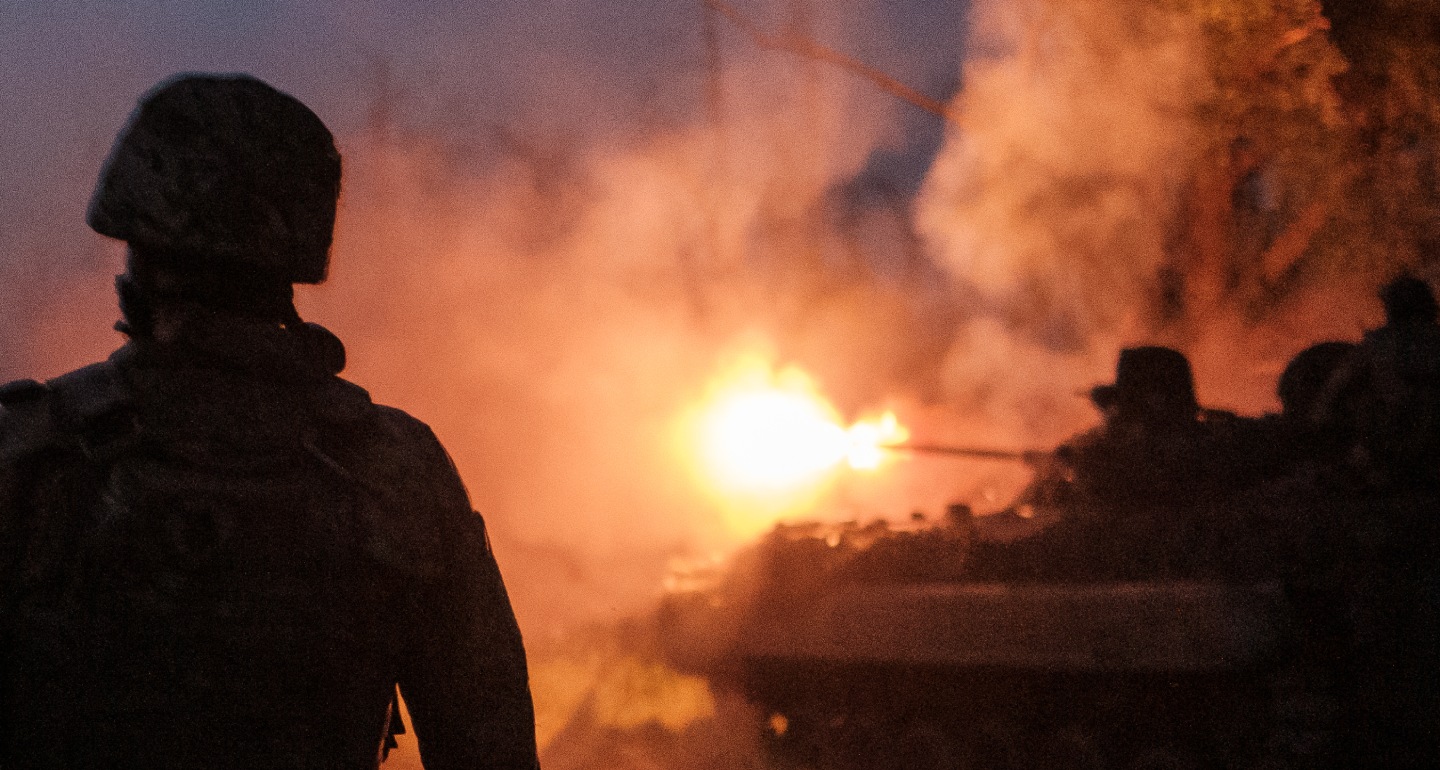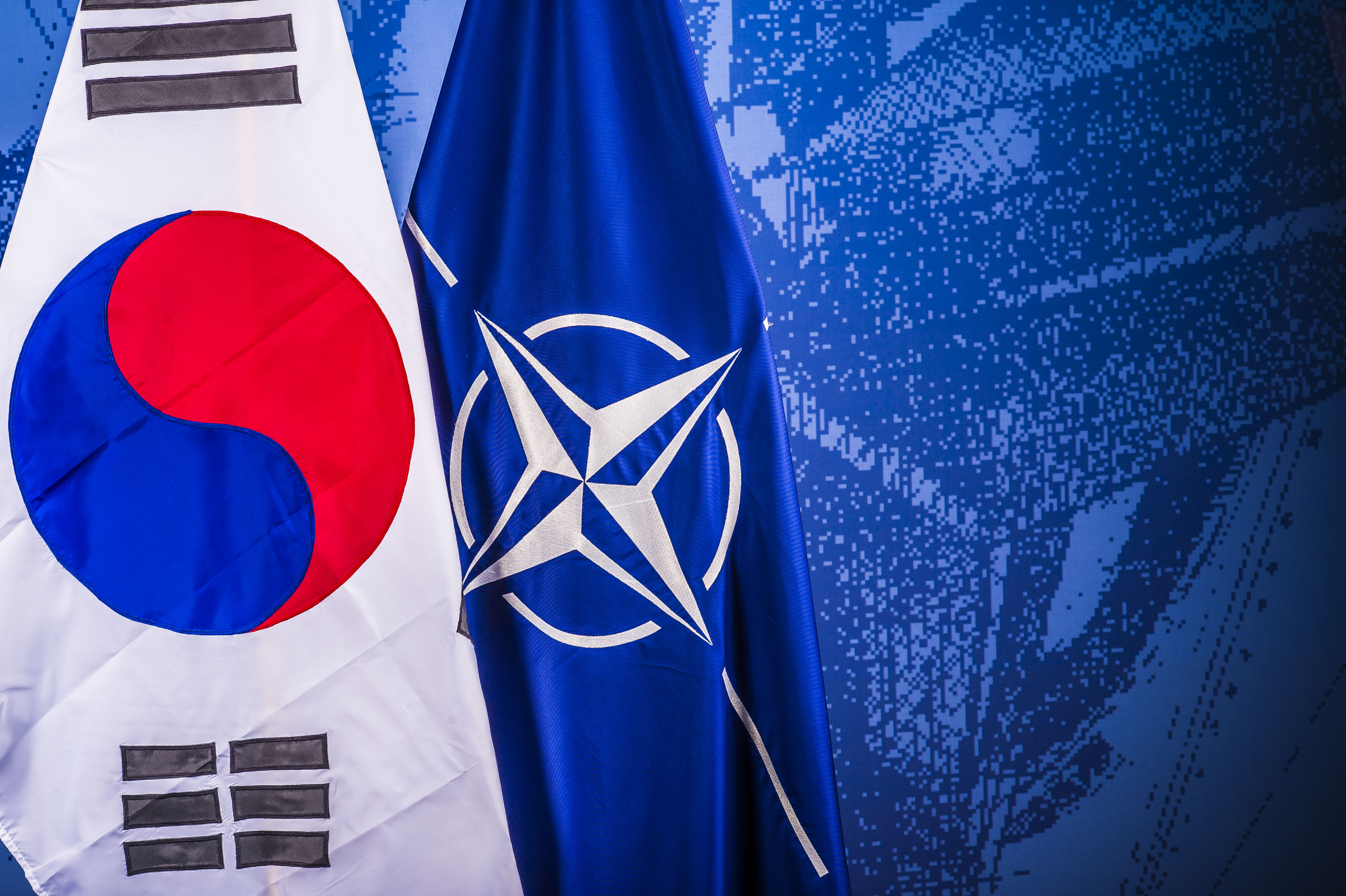Source: Moscow Times
After last week's U.S. mid-term elections, the most frequently asked question in the United States is "Can the Democrats figure out a way to get us out of this mess in Iraq, and do it in a bipartisan way?" In Russia the most frequently asked question is, "Will Democrats be better or worse for U.S.-Russian relations?"
The habitual answer to the question in Moscow is that the Democrats are more focused than the Republicans on democracy and human rights and will be tough on Russia at the expense of pragmatism and goodwill. As for Iraq, the Democrats have been laboring under a reputation, fanned by the Republicans, that their party is weak on national security and defense. One of U.S. President George W. Bush's favorite lines during the campaign was about "cut-and-run Democrats."
But never mind these timeworn cliches -- the ingredients are there to answer both questions positively. And the answers are in some sense related, since policy on U.S.-Russian relations can make a difference to the mess in Iraq.
The Democrats are in a good position to bring new ideas to a bipartisan solution in Iraq because they have been listening to the U.S. military. One of the most respected men in Congress, Democrat John Murtha, has been speaking out on the war for months. He has been forthright in saying his ideas came from American men and women in uniform who have been quietly voicing their concerns.
Murtha's concept of a phased withdrawal from Iraq timed with the the Iraqis make in improving security picture matches one of the options being examined by the Iraq study group. This group itself is bipartisan, chaired by James Baker, secretary of state during the presidency of Bush's father, and Lee Hamilton, a prominent Democrat who retired from Congress after serving as chairman of the House Foreign Affairs Committee.
A consensus between Murtha and the study group would give a powerful bipartisan push to the policy options they propose. So the stage is set for a bipartisan effort, with the support of the U.S. military, to craft a better Iraq policy.
But what about Russia? Now holding a majority on Capital Hill, the Democrats could make trouble for Russia's accession to the World Trade Organization by again stopping efforts to wipe the Jackson-Vanik amendment off the books.
Here Russia will probably face no greater difficulty than under a Republican-controlled Congress, because deep concern had emerged in both parties about Russia's policies toward agricultural imports, and meat in particular. Farmers represent a powerful lobby in Congress and hail from red Republican states as well as blue Democratic ones. Negative opinions about Russia are bipartisan, and will have to be countered by a bipartisan strategy that involves the Congressional leadership and the White House.
Help to make Russia's case with the Congress could come from a number of corners. One of these -- Russia's good working relationship with Iran -- brings us back to the question of Iraq. Just last week, top Iranian negotiator Ali Larijani was in Moscow to discuss the continuing crisis surrounding Iran's nuclear program and to express interest, once again, in Russia's offer to partner with Iran on an international center where Iranian nuclear material would be enriched.
The Federal Atomic Energy Agency's cooperation with Iran is long-standing, stemming from the construction of the Bushehr nuclear power plant. These practical day-in, day-out links with Iran's atomic energy agency are probably closer than those the Europeans have developed in their long negotiations with Tehran. If these links could be used to restore a moratorium on enrichment in Iran and to get the Iranians to return to productive talks on resolving the crisis, then Russia would emerge as the hero of the play.
And Russia's links to Iran could have a broader application to new U.S. policy toward Iraq. With a stress on the "my way or the highway" approach, Washington has not up to this point been especially amenable to getting help from others in communicating with the troublemakers in the Iraqi conflict. Now, with the focus on exploring new ideas for dealing with Sunni-Shiite divisions in Iraq, Washington will be motivated to seek the advice and even involvement of those who have been dealing closely with the Shiite government in Tehran. The Kremlin leadership fits that bill.
The White House will find bipartisan support for such a tactic because, since the 2004 presidential campaign, the Democratic Party has stressed looking for ways to deal with Iran more effectively, including at the negotiating table. Linking this approach to the search for new ideas about Iraq is thus a natural progression for the Democrats.
The next step will be up to Russia. The Democratic Party is going to be in a problem-solving frame of mind with regard to Iraq, with an emphasis on working in cooperation with the Bush White House. If Russia comes forward with pragmatic ideas and a willingness to lend its weight to finding solutions, then U.S.-Russian relations are not doomed to be worse. They could even become better.
Rose Gottemoeller, director of the Carnegie Moscow Center, was deputy undersecretary of energy for defense nuclear nonproliferation under former U.S. President Bill Clinton.













